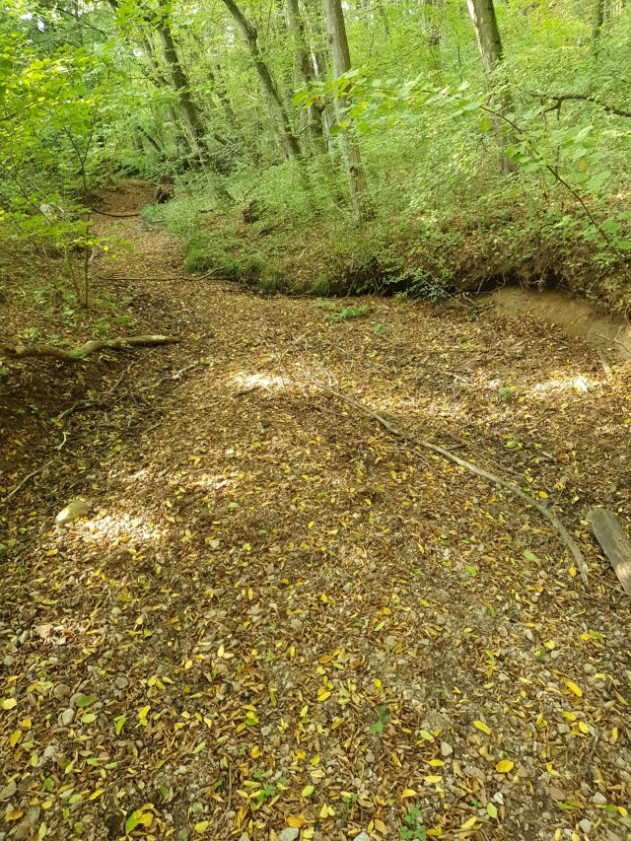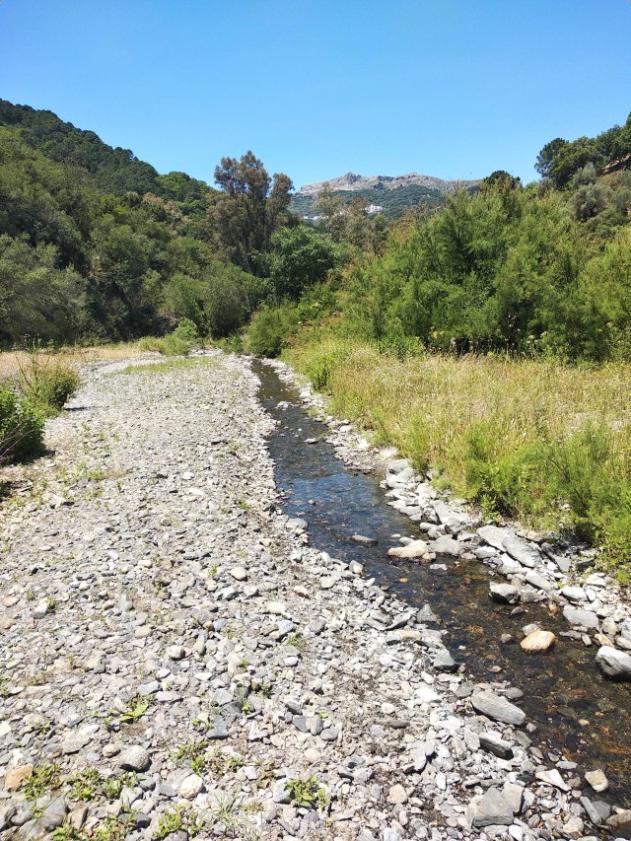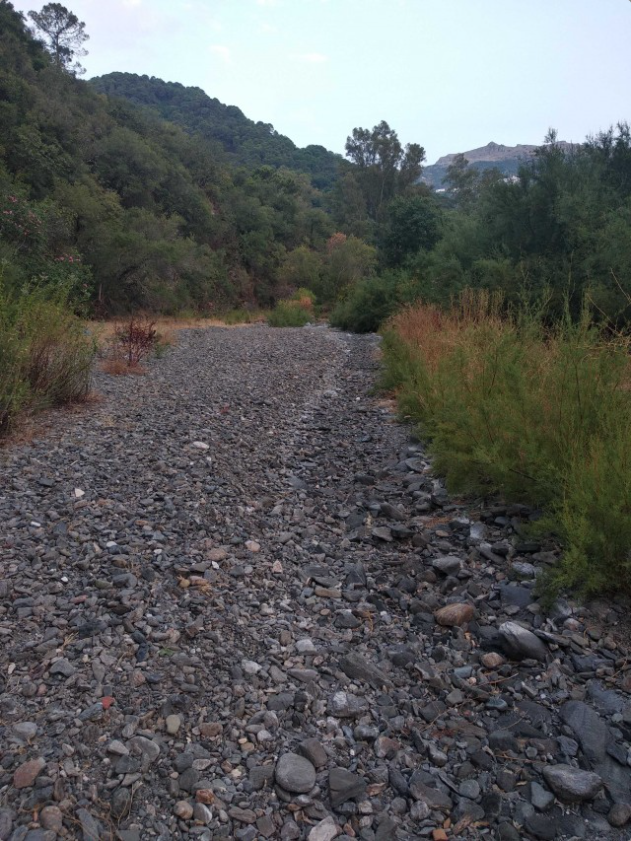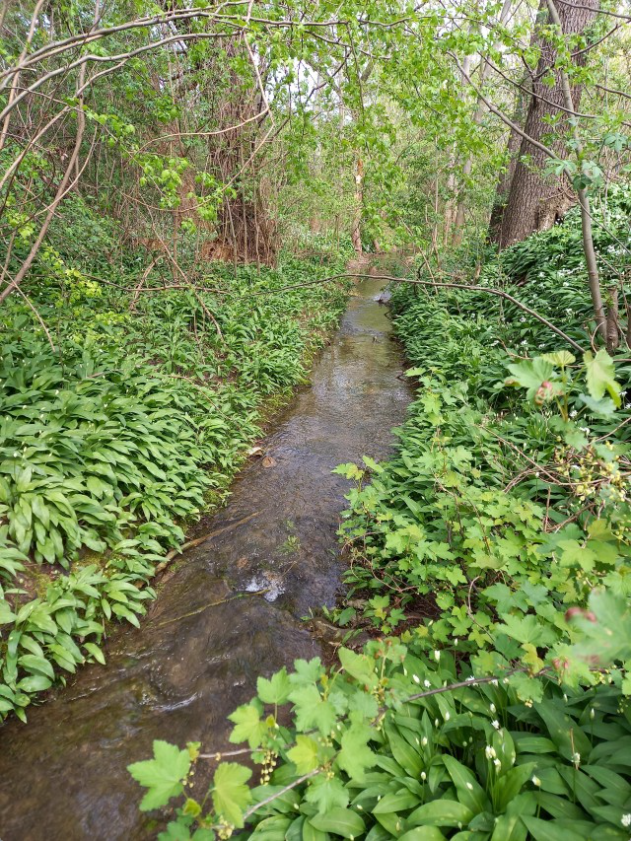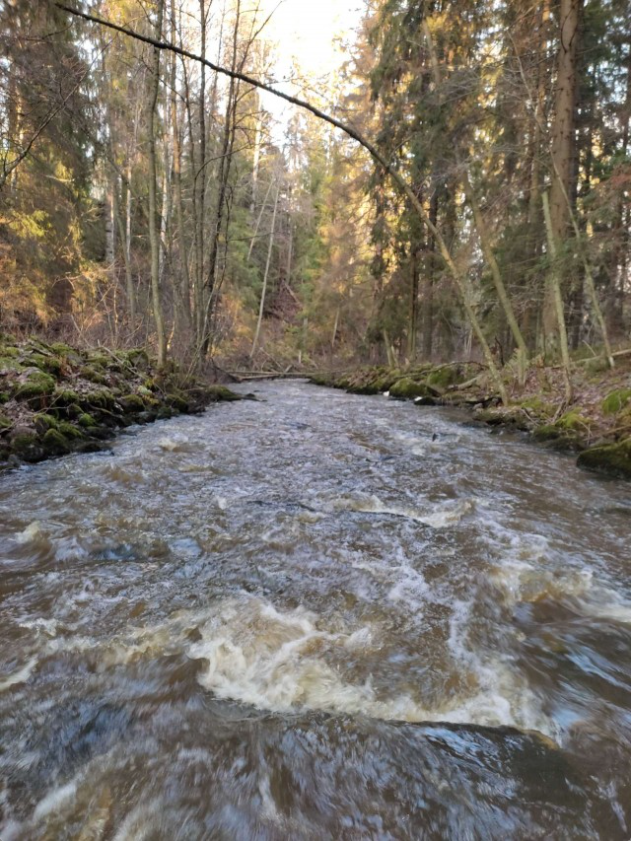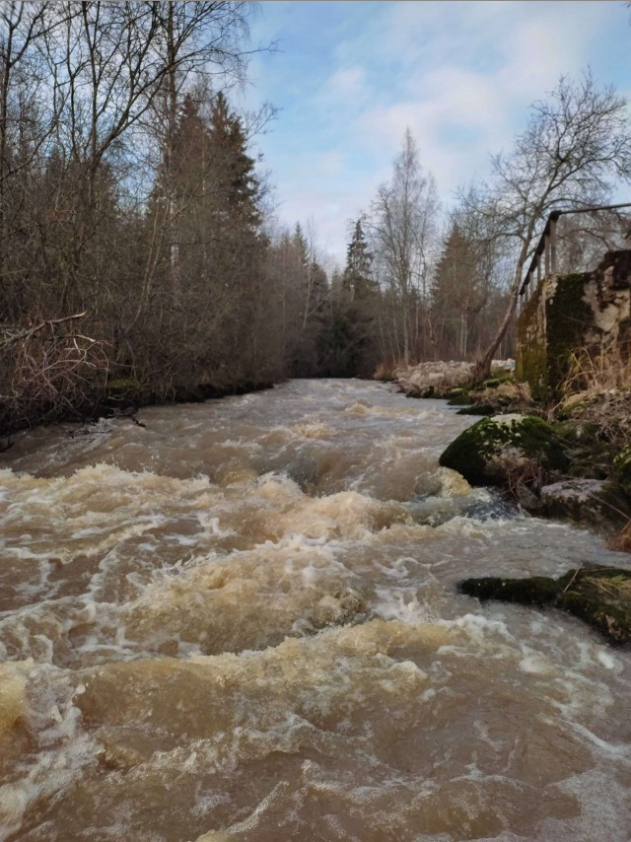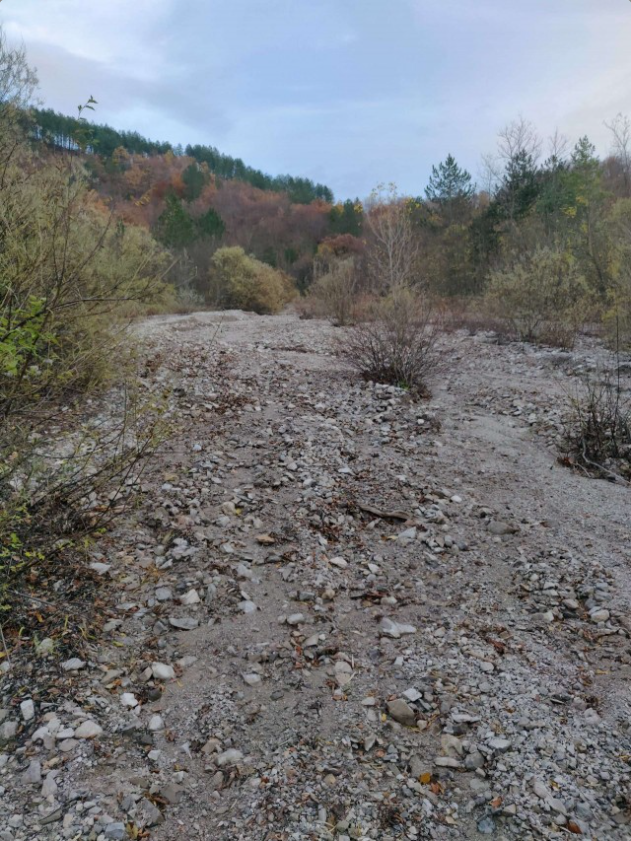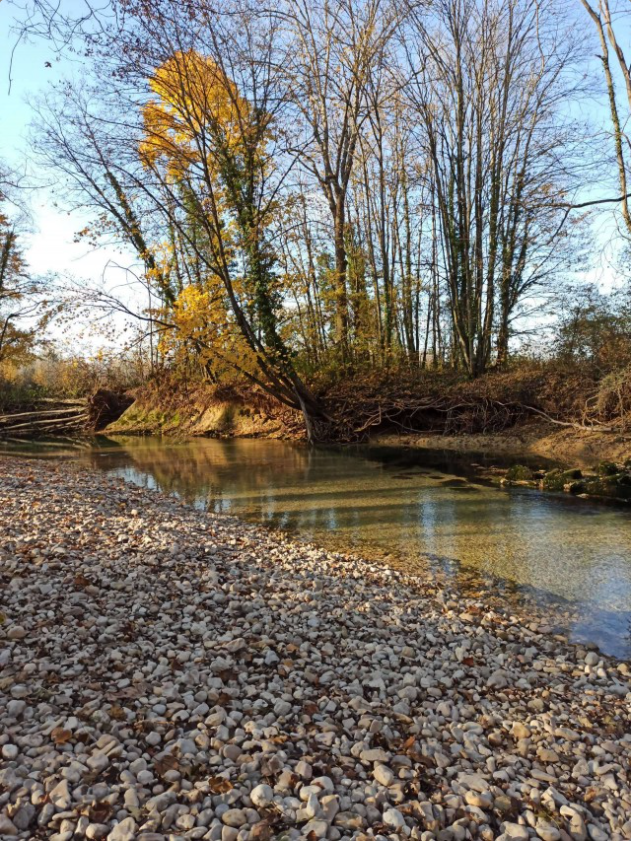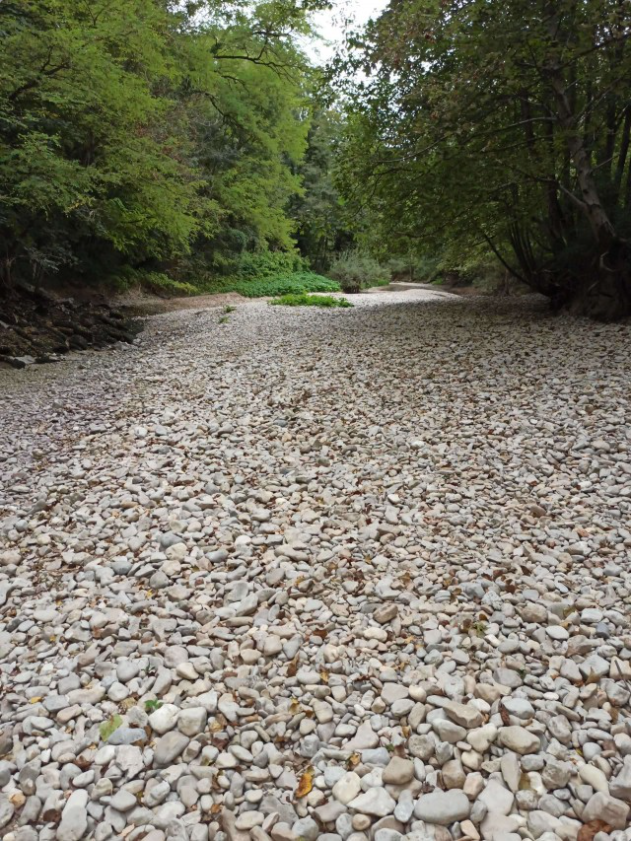Honorary Mention
A citizen science app for advancing the science and management of intermittent streams
Rivers are dynamic systems that experience hydrological variability, including flow cessation and drying. Intermittent rivers and ephemeral streams are watercourses that periodically cease to flow. This river type is the world’s most widespread and range from ephemeral streams — that occasionally flow after heavy rainfall — to intermittent streams that may dry completely or subside to isolated pools. We designed a new smartphone app called DRYRivERS to monitor intermittent rivers and ephemeral streams. By collecting information on drying events, citizens will contribute to the mapping of drying rivers and help to improve scientific predictions of the future impacts of climate change on rivers.
Jury Statement
The DRYRivERS project leverages citizen science to gather information on intermittent rivers, a variable and vital type of ecosystem. In this pan-European project, citizen scientists gather data through web and smartphone apps that would otherwise be difficult to obtain. The project team involved relevant and diverse stakeholders throughout the project’s development, yielding a usable and intuitive interface and an openly published atlas where visitors can browse through European rivers and seasons.
European Union Prize for Citizen Science Jury 2023 (Kat Austen, Lewis Hou, Pedro Russo, Andrea Sforzi, Stefanie Wuschitz). View full Statement here.
Credits
This project was financially supported by the DRYvER project, which has received funding from the European Union ʼs Horizon 2020 research and innovation program under grant agreement no. 869226.
Biographies
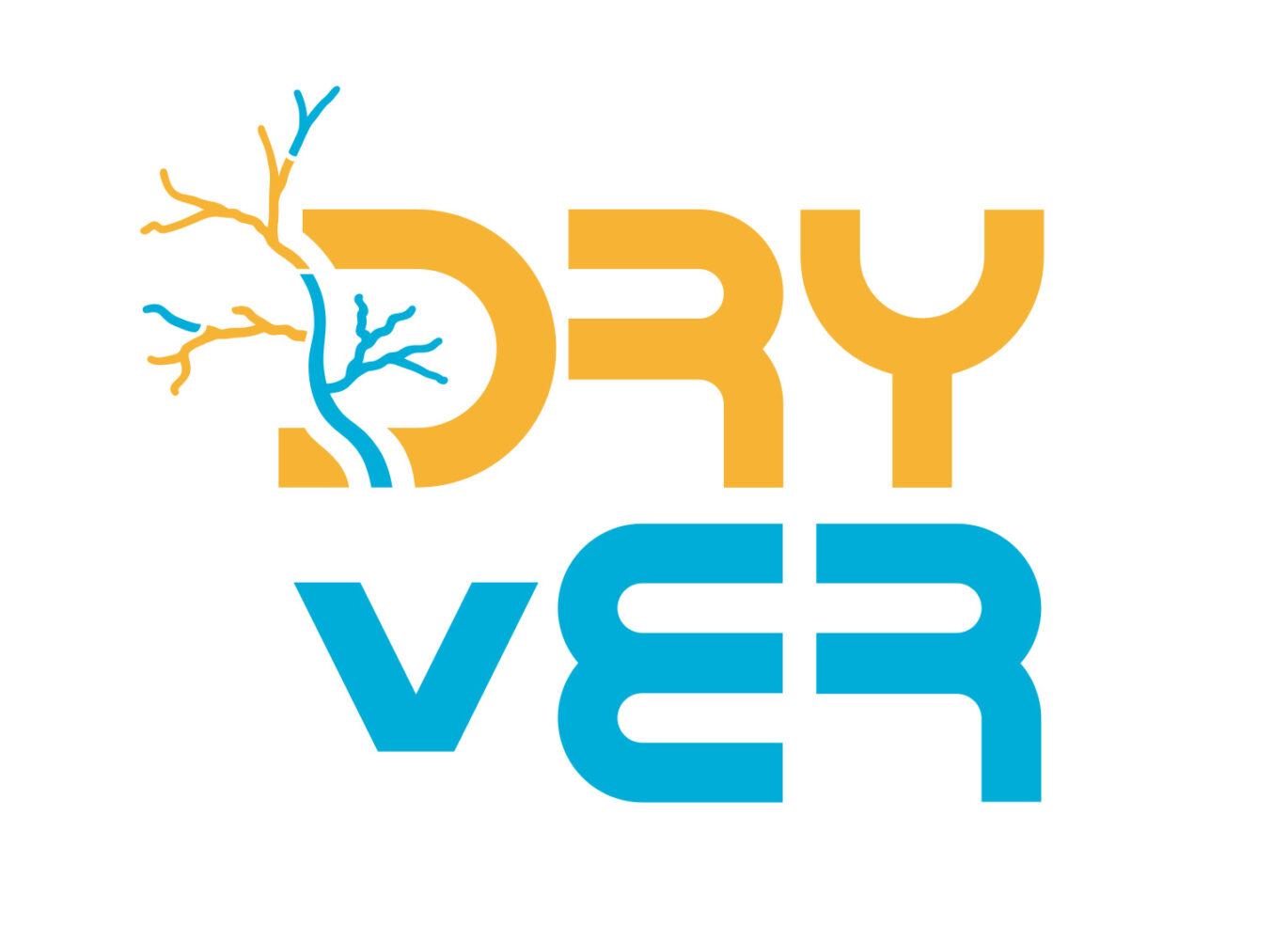
DRYRivERS
DRYRivERS (INT) was developed within the Horizon 2020 project, DRYvER. The work around DRYriVERS is led by a team of four researchers working on freshwater ecosystems: Amélie Truchy and Thibault Datry from INRAE (French National Research Institute for Agriculture, Food and the Environment (FR)) and Zoltán Csabai and Bálint Pernecker from the University of Pécs (HU). Zoltán Csabai is also affiliated to the Balaton Limnological Research Institute. DRYvER is coordinated by Thibault Datry. At the beginning of the project, Núria Cid (ES) helped designing the app. Throughout the development of DRYriVERS, the river managers from SR3A (FR) tested in the field the app and suggested improvements.
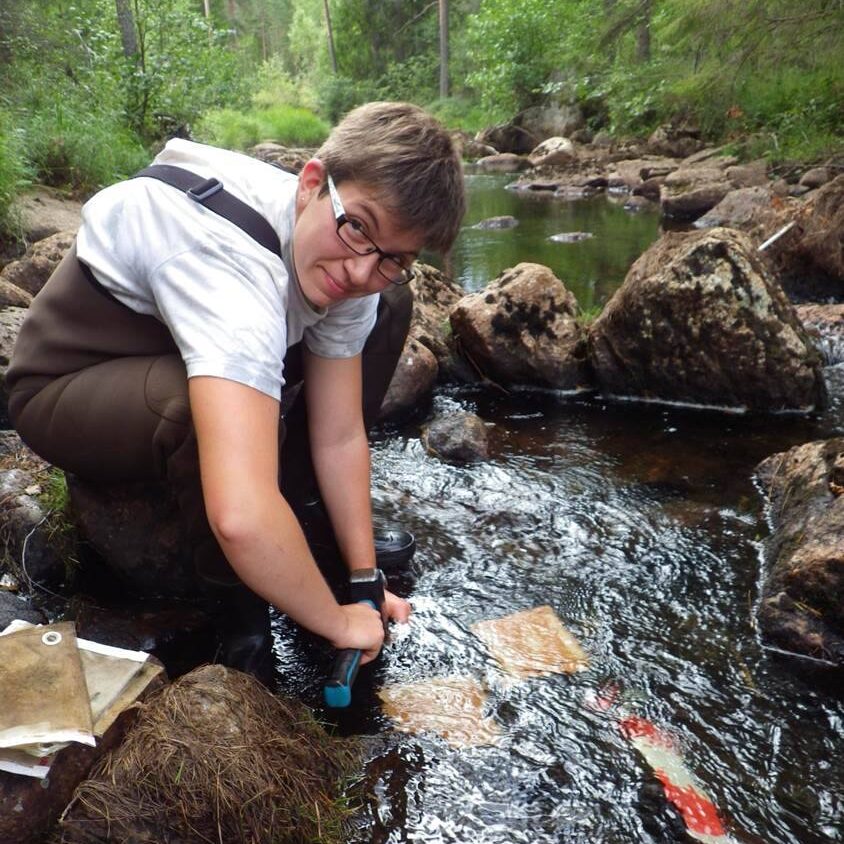
Amélie Truchy
Amélie Truchy (FR) is a young researcher at INRAE (French National Research Institute for Agriculture, Food and the Environment). Her research focuses on the ecology of rivers, with a particular focus on streams and lakes impacted by human activities (e.g. dams, agriculture, forestry). Through her research, Dr. Truchy tries to assess the impacts of anthropogenic changes on freshwater community, ecosystem functioning and services, and ecosystem resilience. After graduating in 2018 for her PhD from the Swedish University of Agricultural Sciences, she moved as a post-doc at INRAE in 2021. In 2013, while still a PhD student, she earned the best post prize at the European conference for freshwaters (SEFS 8, Münster, Germany).
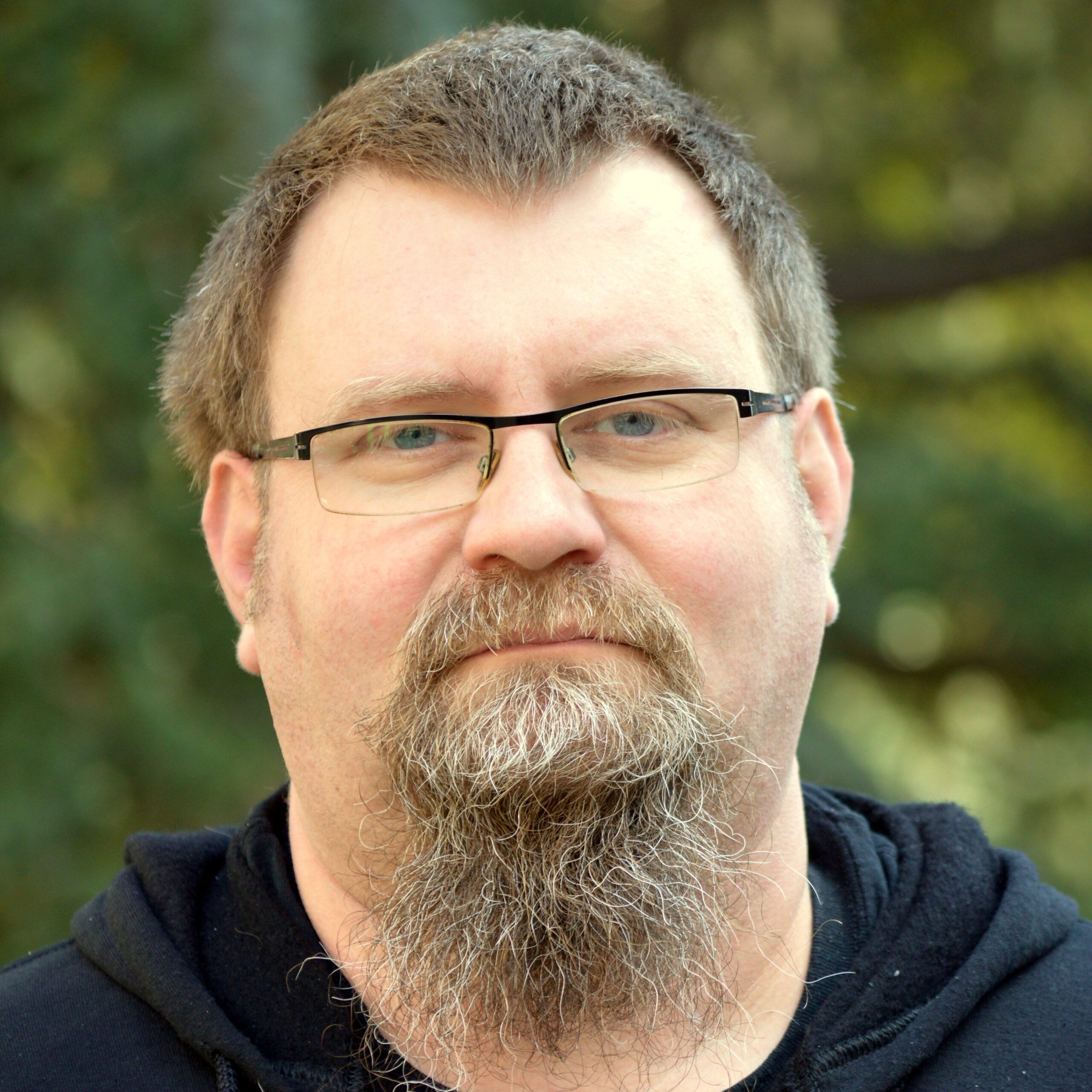
Zoltán Csabai
Zoltán Csabai (HU) is a hydroecologist with a focused interest on freshwater aquatic macroinvertebrates. He is currently working for the University of Pécs (Pécs, Hungary), Faculty of Science as associate professor and head of the Department of Hydrobiology, and for Balaton Limnological Research Institute as a part time senior research fellow. His research focuses on exciting and different but connected chapters of the aquatic macroinvertebrates‘ life: exploring distribution of aquatic insects in the Carpathian basin and in the Mediterranean using morphotaxonomy and DNA based methods; understanding the dispersal flight and developing a framework describing the process; revealing the reaction of individual species and the entire stream macroinvertebrate community to environmental stress (drying, nutrient enrichment, changes in habitat).
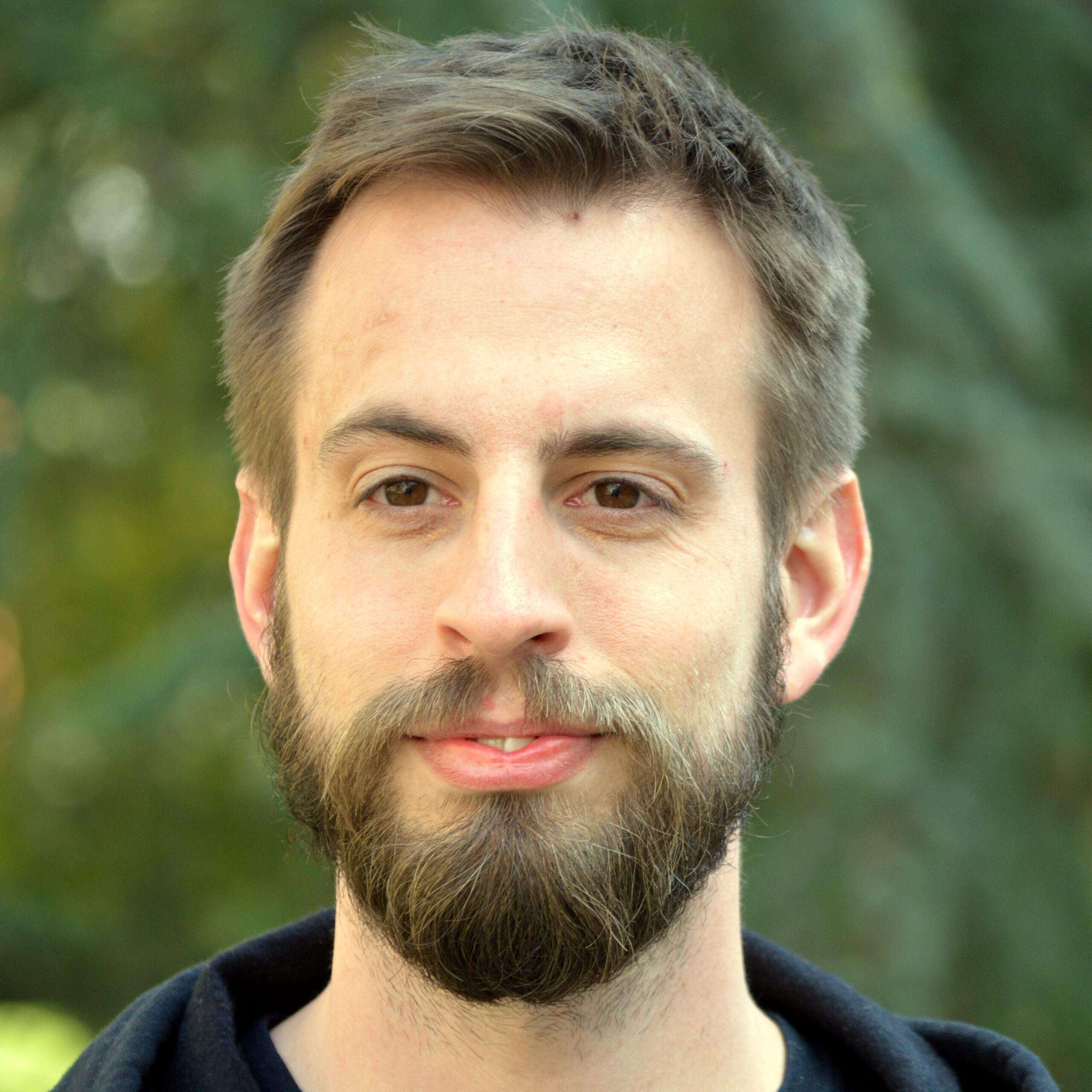
Bálint Pernecker
Bálint Pernecker (HU) is a young researcher and freshwater scientist working at the Department of Hydrobiology, University of Pécs. He graduated as a hydrobiologist (MSc) in 2014 from UP and since then he has been working there as an assistant research fellow (2017-2019) and assistant lecturer (2019-). He is currently working on his PhD thesis, which is about ecological experiments carried out in an artificial stream laboratory with aquatic macroinvertebrates. His research focuses mainly on two topics: the effects of drying up of small watercourses on the aquatic invertebrate communities, with special focus on one particularly interesting dragonfly species, Cordulegaster heros, which has been granted special conservation status in Europe. His other research topic is creating ecological experiments in an indoor artificial stream system.
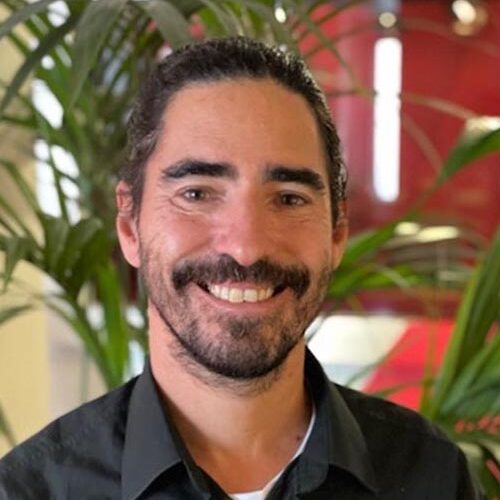
Thibault Datry
Thibault Datry (FR) is a freshwater scientist at INRAE (French National Research Institute for Agriculture, Food and the Environment) leading the EcoFlowS lab in Lyon, France. His research focuses on the ecology of rivers and hyporheic zones, with particular emphasis on intermittent rivers and ephemeral streams. He has passion for understanding the effects of natural and anthropogenic changes on community and ecosystem processes at multiple scales and translating it into tools and guidelines for water managers. He is developing international research programs at the global scale, while his primary study area primarily includes lotic and lentic ecosystems in France, New Zealand and Bolivia, where he has active collaborations and frequent visits.

